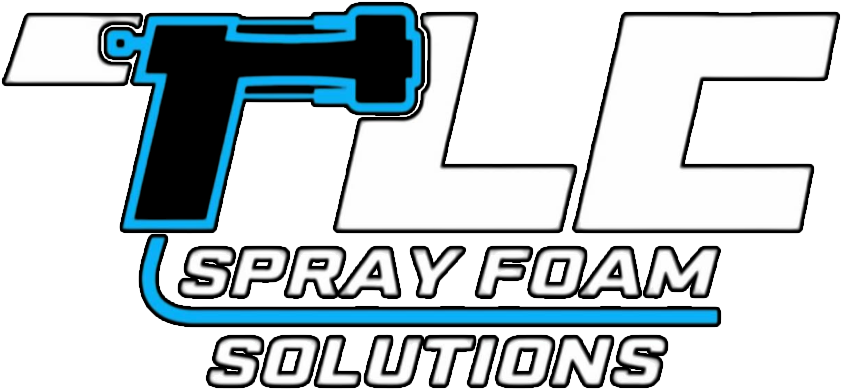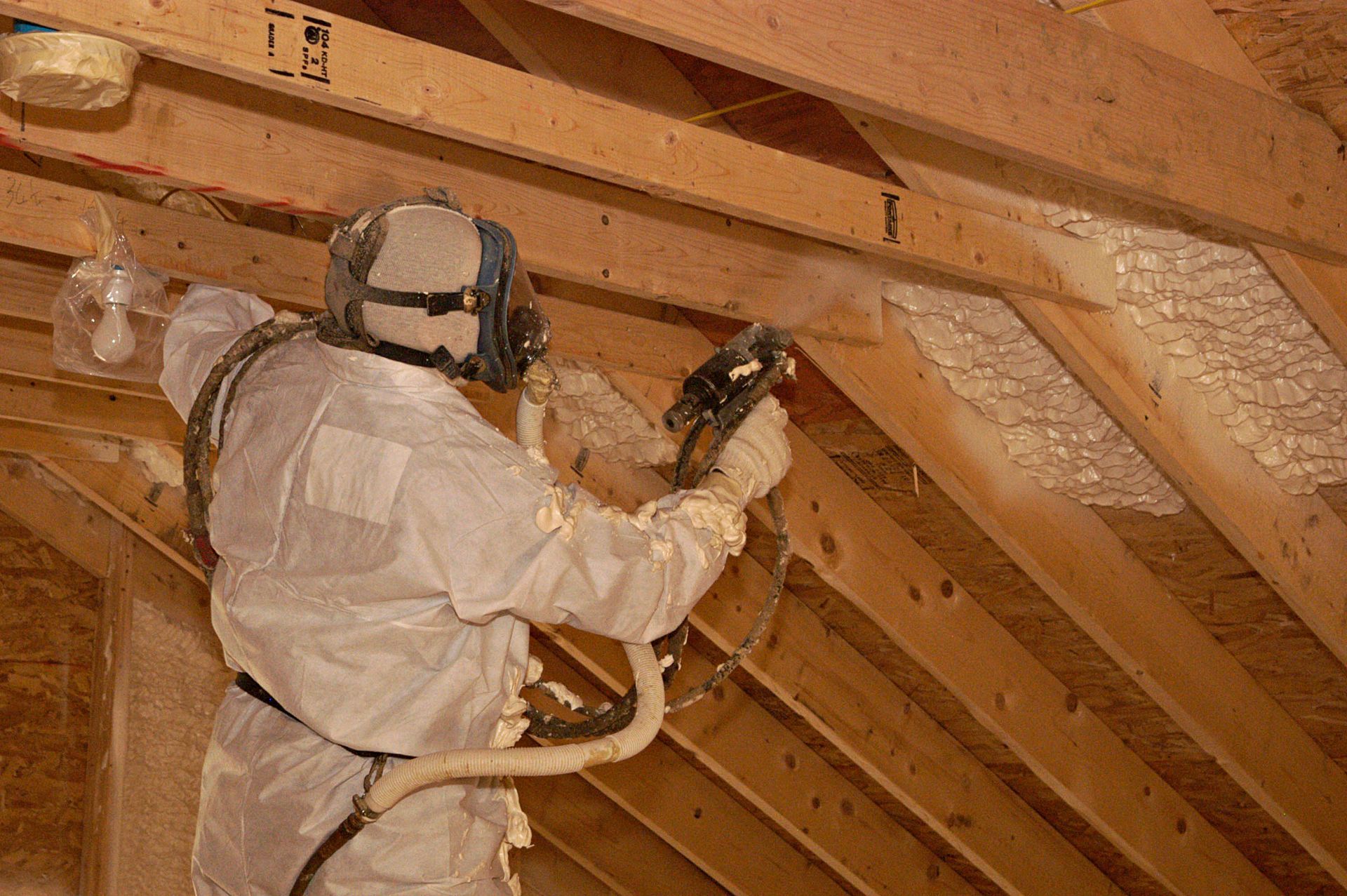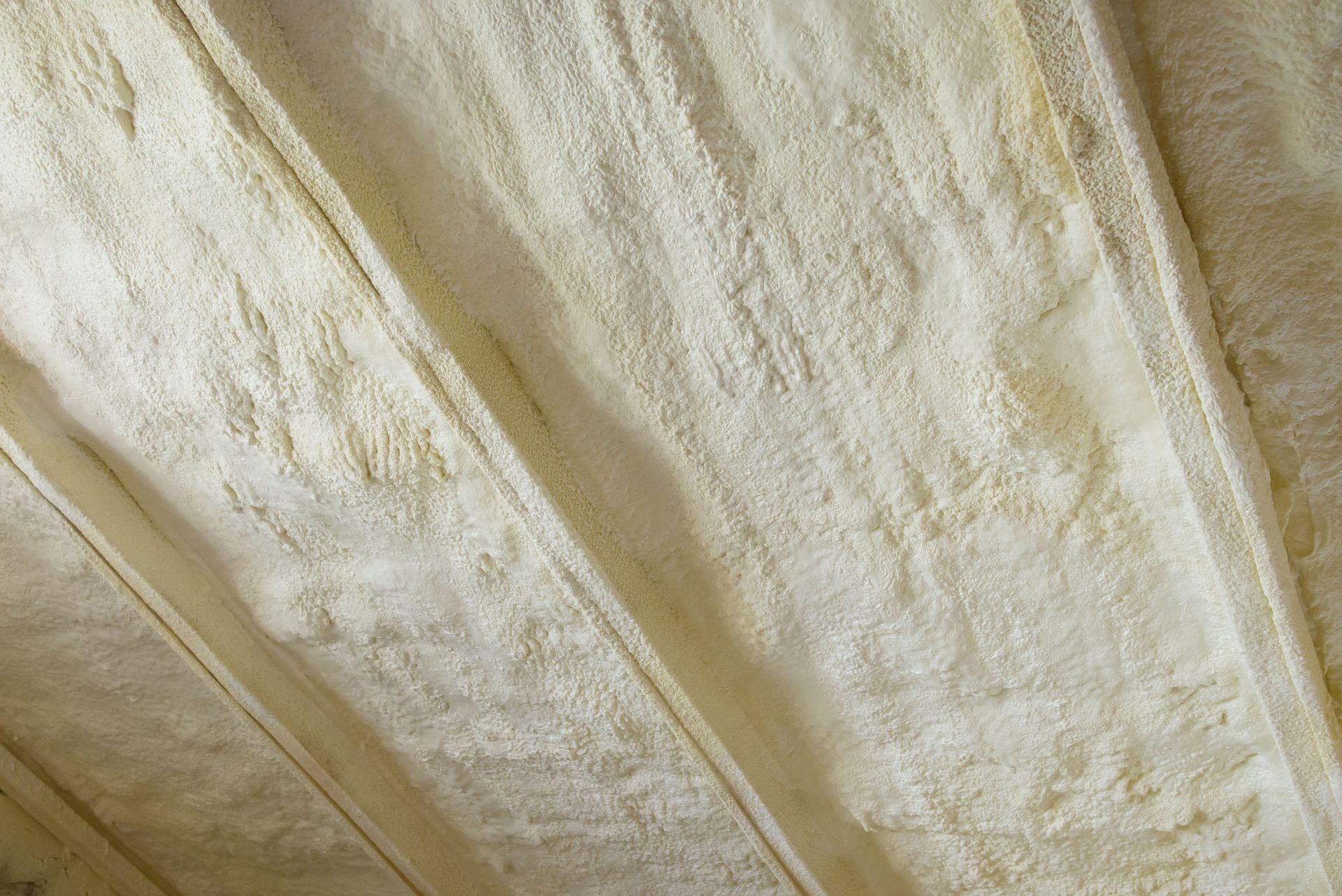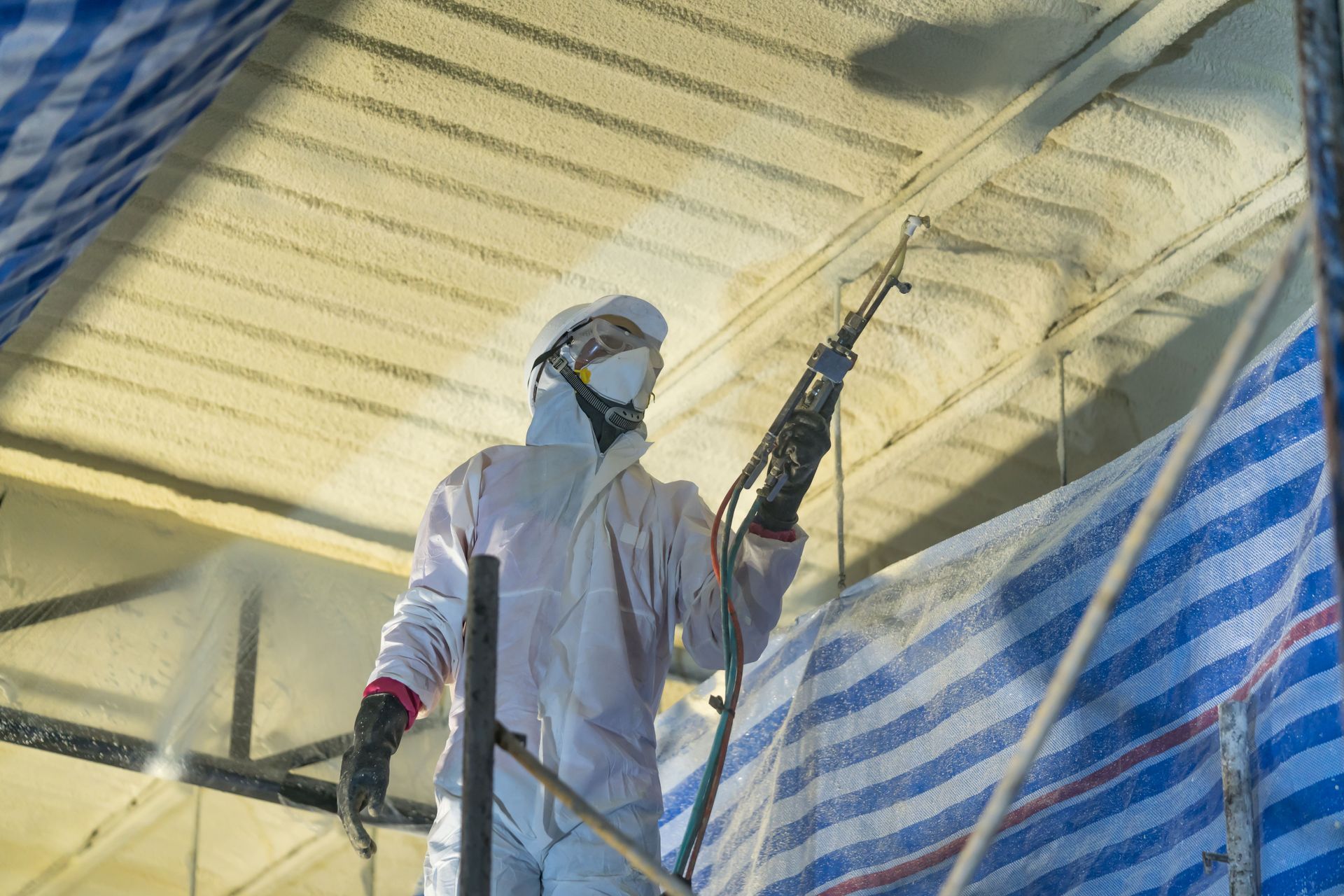The Best Practices of an Insulation Contractor
Understanding and implementing best practices in insulation can greatly enhance the efficiency, safety, and reliability of construction projects. This comprehensive guide aims to provide insights into various aspects of insulation practices, from initial planning to project completion. An insulation contractor who prioritizes continuous learning and improvement inevitably enhances their service quality and client trust.
Understanding Different Insulation Types
Fiberglass Insulation
Fiberglass insulation is one of the most commonly used insulation materials due to its cost-effectiveness and efficiency. It consists of tiny glass fibers that trap air, thereby reducing the transfer of heat. This type of insulation is non-flammable and can be customized for various thicknesses to fit different spaces. However, care must be taken to ensure proper handling due to potential skin irritation or respiratory issues. Its affordability makes it an attractive option for a wide range of projects, providing decent thermal resistance.
Spray Foam Insulation
Spray foam insulation is gaining popularity due to its superior sealing capabilities and high R-value. According to Capital Foam Systems, spray foam can cut energy bills by 20–50% compared to traditional insulation. It expands upon application to adequately fill gaps and cracks, providing an airtight seal. Despite its higher initial cost, its energy-saving benefits and durability often justify the investment in the long run.
Cellulose Insulation
Cellulose insulation, derived primarily from recycled paper products, offers an eco-friendly option for residential and commercial projects. It is treated with fire retardants, enhancing its safety profile. Given its recycled content, cellulose insulation is attractive to environmentally conscious clients. It’s particularly effective in densely packed applications, providing soundproofing and reducing energy loss. An insulation contractor who focuses on sustainability often prefers cellulose for its minimal environmental impact compared to other insulation types.
Project Planning and Assessment
Site Evaluation
Conducting a thorough site evaluation is an essential first step in any insulation project. Site evaluations involve assessing the structural integrity and existing insulation to understand the building's needs. Factors such as the building's age, material, and local climate influence the type and amount of insulation required. A detailed evaluation helps in identifying areas prone to energy loss, enabling targeted insulation solutions. For contractors, a comprehensive site evaluation establishes a foundation for creating effective and efficient insulation plans.
Client Consultation
Client consultation is a critical component of effective project planning, ensuring that the client's needs are accurately understood and met. During consultations, contractors should provide clear explanations about the various insulation options and their benefits. This phase involves discussing budget constraints, expected outcomes, and specific preferences. Open communication fosters trust and aligns contractor-client expectations, leading to successful project execution. Tailoring recommendations based on consultations ensures a personalized approach, enhancing client satisfaction.
Cost Estimation
Accurate cost estimation is crucial to project planning and can greatly affect client satisfaction and project success. Contractors need to consider factors such as material costs, labor, project duration, and potential contingencies. Providing transparent and detailed cost estimates helps clients make informed decisions. It also prepares them for any financial obligations, minimizing disputes down the line. Accurate budgeting demonstrates professionalism and reinforces a contractor's reputation for reliability and honesty.
Installation Best Practices
Safety Protocols
Safety protocols are paramount in insulation installation to protect workers and clients from accidents and health risks. Proper use of personal protective equipment (PPE) such as gloves, masks, and goggles is essential when handling insulation materials. Contractors must ensure that their teams are trained and aware of safety guidelines specific to material handling and installation. Having an emergency response plan in place is important for swiftly addressing potential incidents. Commitment to safety not only protects employees but also enhances a contractor’s professional reputation.
Quality Control
Quality control measures are integral to ensuring optimal performance and longevity of insulation installations. Regular inspections during and after installation help verify that materials are applied correctly and function as intended. An insulation contractor should implement systematic procedures for identifying and correcting defects or inconsistencies. Maintaining detailed records of quality checks fosters accountability and continuous improvement. Clients benefit from the assurance of a high standard of workmanship, enhancing overall satisfaction.
Handling and Storage
Proper handling and storage of insulation materials are vital for preserving quality and effectiveness. Contractors must ensure materials are stored in a dry, temperature-controlled environment to prevent deterioration. Handling guidelines help prevent damage, ensuring insulation retains its integrity upon installation. Educating workers on best practices for material transport minimizes risks of accidental damage. Adherence to handling and storage protocols safeguards the investment and contributes to successful project outcomes.
Energy Efficiency Considerations
Improving Thermal Performance
Improving thermal performance is a primary goal of any insulation project, with direct benefits for energy conservation and cost reduction. An insulation contractor can enhance performance by selecting materials with high R-values and ensuring airtight installations. Properly installed insulation reduces heat loss in winter and heat gain in summer, creating a comfortable indoor environment. Leveraging advanced sealing techniques and integrating complementary solutions, such as radiant barriers, can further augment performance. Ultimately, attention to thermal efficiency translates to lower utility bills and increased occupant satisfaction.
Understanding Building Codes
Compliance with building codes is non-negotiable for an insulation contractor aiming for maximum energy efficiency. Building codes provide essential guidelines that ensure installations meet minimum performance and safety standards. Understanding regional building codes helps contractors recommend the most appropriate and compliant insulation solutions. By adhering to these codes, contractors contribute to the sustainability and structural integrity of the building. Staying informed on updates to building codes is critical to maintaining industry best practices and client trust.
Training and Skill Development
Continuous Education
The insulation industry is continuously evolving, necessitating ongoing education to stay current with advances in technology and techniques. Continuous learning opportunities, such as online courses and seminars, provide valuable insights for contractors to enhance their skills. Staying informed about new materials, regulations, and safety practices strengthens a contractor's capabilities. Encouraging team-wide participation in educational programs fosters a comprehensive understanding of industry developments. Continuous education is not only beneficial for compliance but also for innovation in service delivery.
Certification Programs
Certification programs provide insulation contractors with formal recognition of their expertise and commitment to excellence. Credentials from recognized bodies enhance credibility and reassure clients of a contractor's proficiency. These programs often include rigorous training and assessment, equipping contractors with practical knowledge and skills. Obtaining certifications can open doors to specialized projects and geographical expansion for business growth. Industry recognition through certification underscores professionalism, attracting new clientele and fostering business reputation.
Customer Service Excellence
Effective Communication
Effective communication is the cornerstone of successful client relationships in the insulation industry. Developing clear communication strategies ensures that client expectations are accurately understood and met. Being transparent about project timelines, costs, and potential challenges fosters trust and sets a positive tone. Listening actively to client feedback enhances the ability to tailor solutions to specific needs. Strong communication skills equip contractors to navigate complex projects and deliver outstanding customer service, fostering loyalty and repeat business.
Feedback and Satisfaction Surveys
Implementing feedback and satisfaction surveys is an effective way to evaluate client perceptions and areas for improvement. Surveys provide valuable insights into client satisfaction, helping an insulation contractor identify strengths and address weaknesses. Acting on feedback demonstrates a commitment to excellence and continuous enhancement of service offerings. Using survey data to refine practices ensures that contractors meet and exceed client expectations consistently. Feedback loops reinforce accountability and demonstrate dedication to client-centric operations.
By adhering to these best practices, a contractor can not only improve their service quality and customer satisfaction but also ensure energy efficiency and sustainability in their projects. Ultimately, best practices are the cornerstone of successful, sustainable, and client-focused insulation projects, driving both business success and environmental stewardship. If you are in need of an insulation contractor for your project, contact TLC Spray Foam Solutions LLC today to learn more!





Share On: